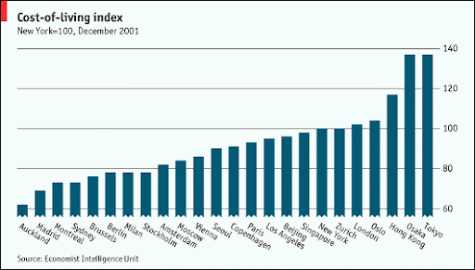April Editorial: Privacy in the Digital Age
For the majority of internet users, one’s sidebar advertisements is a mosaic of targeted interests. Perhaps a weekend expedition into Eames chairs now peppers your every click, from Instagram to the New York Times. For others, perhaps the AdChoice algorithm has detected that you are oh-so particularly susceptible to a well-timed Taco-Bell advertisement on a Tuesday afternoon.
Nevertheless, as our obsession with technology grows, as do the billion-dollar industries that sell our attention, monitor our behavior and retrace our steps. In everyday conversations, students often joke that “Facebook is listening in,” though technology commentators argue that the sheer volume of big data collected through location information, demographical estimates, and search histories yield more personal information than a microphone feed could ever produce.
Today, academics warn that we are increasingly entering an “attention economy,” wherein technology is used to maximize and profit from the minute (and time-consuming) interactions we have with digital content. As American cryptographer Bruce Schneier put it, “Don’t make the mistake of thinking you’re Facebook’s customer, you’re not – you’re the product. Its customers are the advertisers.”
Such leads to the pressing issue of digital privacy. In recent years, companies such as Facebook have been found to leave personal information such as passwords and collected data accessible to its employees and outside agents. Other companies such as Google have faced consumer outcry as a response to voice, location, and browsing history collected. Tools once thought to be benign such as Unroll.me, a service to unsubscribe from marketing emails, were found according to the New York Times, to be packaging user email data and selling it for profit.
The subject of digital privacy is one that will pervade our personal lives, especially as Google, Amazon, Facebook, and Apple gain more prominence. These challenges pose consequential questions. How can users better protect their personal information? To what extent can we trust these corporations with our most private interactions? Is anyone truly “making the world a better place”?
No matter the answers, it is my hope that this edition of the Armijo Signal will challenge you to examine your relationship with technology, its hidden intentions, and the information that we so willingly share.








